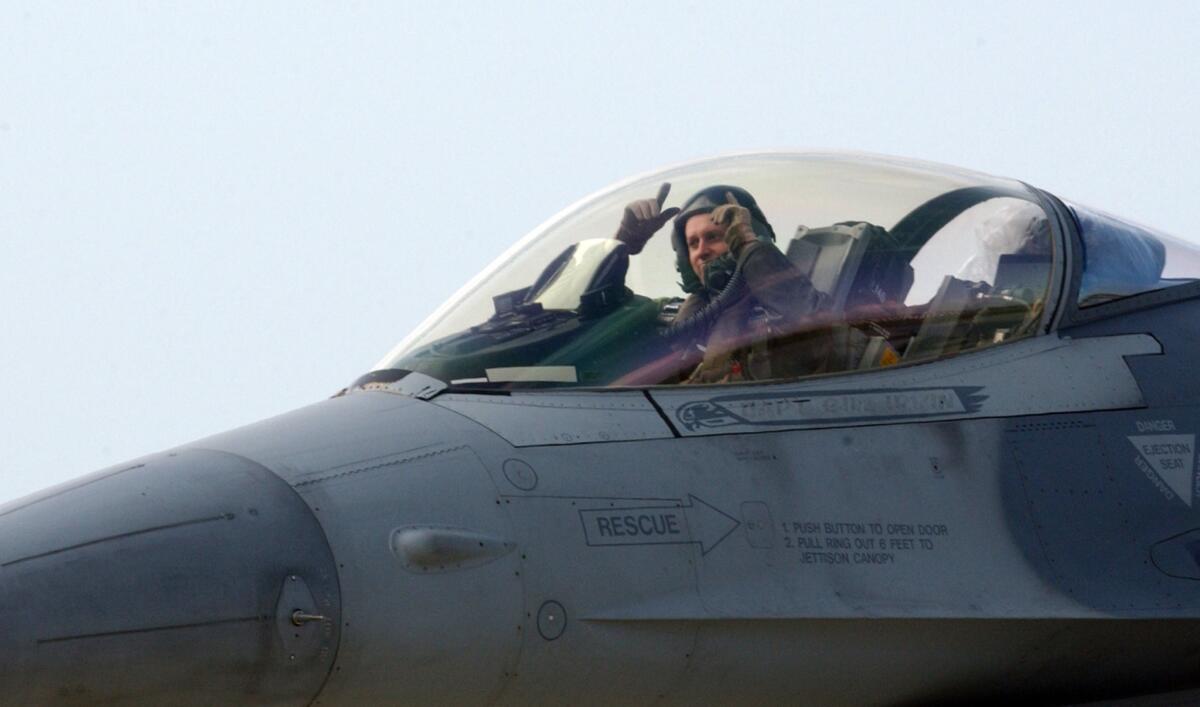On Syria, let’s be clear: What we’re about to do is go to war

So we’re going to war with Syria.
Oh, sure, that’s not what anyone is calling it. What people are saying, after Bashar Assad’s government allegedly used chemical weapons on its own people, is that such actions “cannot go unanswered” (Anders Fogh Rasmussen, secretary-general of the North Atlantic Treaty Organization), and that they are a “moral obscenity” and that “President Obama believes there must be accountability for those who would use the world’s most heinous weapons against the world’s most vulnerable people,” (Secretary of State John F. Kerry).
So the United States, along with France and Britain and whatever NATO and other allies want to join in are going to strike militarily at Syria. You know: Go get us some “accountability.”
But why can’t we call a spade a spade? When you bomb another country, it’s a war. People are going to get killed. It’s not a video game.
Don’t think so? Well, suppose Mexico decided to take out a few weapons depots in the United States because it didn’t like the way we were treating some of its citizens who had made their way north of the border. Just a little “accountability”? Right.
Make no mistake, then, about Syria: What we’re contemplating is war. And here’s what happens in war: There’s talk about what targets to hit -- arms depots, command-and-control centers and the like. As if it’s just “stuff.” But there will be people in and around this “stuff.” And some of them will die. And the ones who die almost certainly won’t be the ones who ordered the use of those chemical weapons.
And, of course, those U.S. warplanes and U.S. ships that will be used in the attacks contain Americans, and some of them may die.
War is hell? Yeah. Especially when you’re the one doing the dying.
World leaders, on the other hand -- who most certainly won’t be doing the dying -- are seemingly eager to show their “resolve.” But judging just from emails to The Times’ letters to the editor, there’s a healthy amount of skepticism among Americans about this latest Mideast adventure.
My colleague Jon Healey neatly summarized the Syria dilemma in his post on Tuesday, “Chemical weapons and Syria: How do you deter a desperate despot?” Times columnist Doyle McManus delved into Obama’s strategic goals on Thursday. And I took a crack at the subject Friday in my Opinion L.A. blog post, “Enough with the phony ‘red line’ on chemical weapons in Syria.”
Which proves one thing: It’s easy to write about Syria.
Talk, in fact, is always cheap. But the lives about to be lost in this war aren’t. So the least we could do is call it what it is.
ALSO:
Egypt and the limits of democracy
U.S., China and an unthinkable war
The Rim fire and the folly of sequestration
Follow Paul Whitefield on Twitter @PaulWhitefield1 and Google +
More to Read
A cure for the common opinion
Get thought-provoking perspectives with our weekly newsletter.
You may occasionally receive promotional content from the Los Angeles Times.











